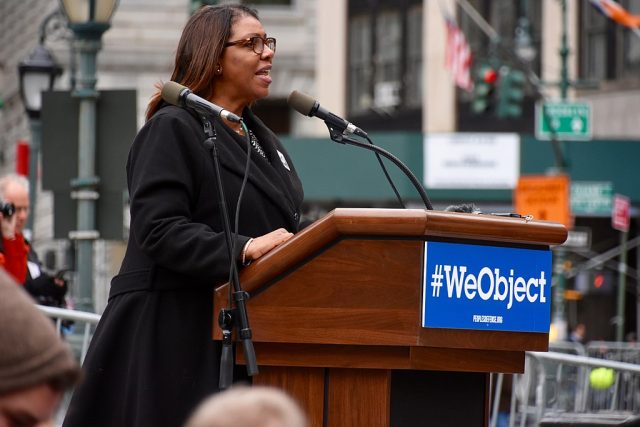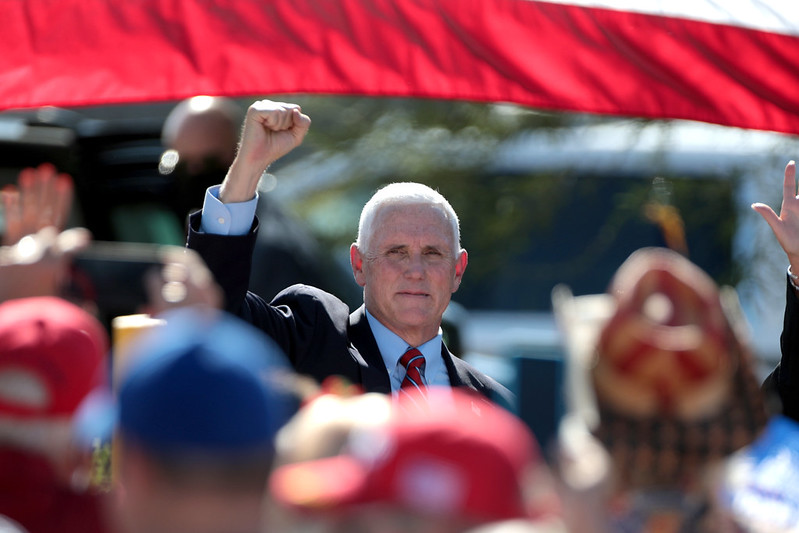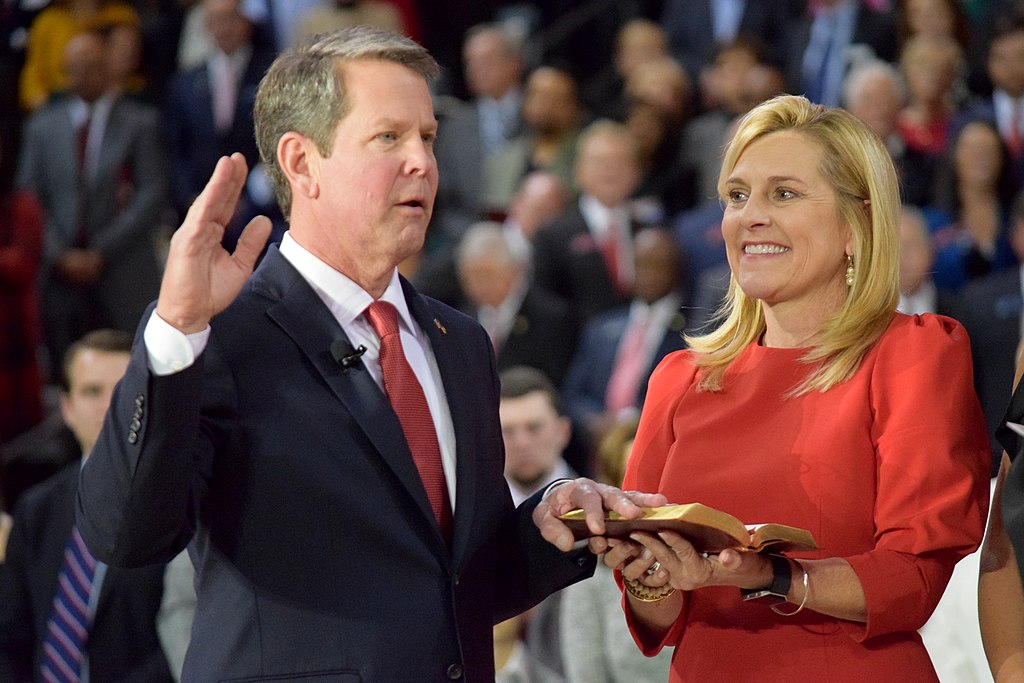Trump Announces He Will Designate Antifa As ‘Major Terrorist Organization’
A step in the right direction…
President Trump announced Wednesday that he will designate antifa as a terrorist organization, and is recommending investigations into people who allegedly fund it.
It’s unclear when the designation will take place, or what legal implications it will have. Antifa — short for anti-fascist — is a loose affiliation of mostly left-leaning activists.
“I am pleased to inform our many U.S.A. Patriots that I am designating ANTIFA, A SICK, DANGEROUS, RADICAL LEFT DISASTER, AS A MAJOR TERRORIST ORGANIZATION,” the president wrote in a Truth Social post. “I will also be strongly recommending that those funding ANTIFA be thoroughly investigated in accordance with the highest legal standards and practices. Thank you for your attention to this matter!”

Trump made a similar announcement that antifa would be designated as a terrorist group during his first term in 2020, when the country was gripped by turbulent protests, but never followed through on the threat.
Over the last week, the president and conservatives have railed against what Trump has called “radical left political violence” following the deadly shooting of conservative activist Charlie Kirk. Hours after Kirk was killed last Wednesday, Trump vowed to “find each and every one of those who contributed to this atrocity, and to other political violence, including the organizations that fund it and support it.”
Earlier this week, after a reporter asked President Trump if he planned on designating antifa as a domestic terror group, he responded, “it’s something I would do.” He also floated racketeering charges against people that he claimed have funded “agitation.”
The legal impact of designating a U.S.-based group like antifa as a terrorist organization is not clear. Federal law allows the government to formally label international groups as “foreign terrorist organizations” and criminally charge people who offer support to them, but a similar legal mechanism doesn’t exist for alleged domestic terrorist groups, according to a Congressional Research Service report.
Over the past five years, Antifa‐affiliated individuals and supporters have been involved in several high-profile violent incidents, including the killing of Aaron Danielson in Portland in August 2020. That occurred after clashes between a pro-Trump caravan and counter-protesters; Michael Reinoehl, who had publicly identified with the Antifa ideology, admitted to shooting Danielson and was later killed by federal law enforcement. Additionally, in 2021 the U.S. Attorney for the District of Oregon stated that Antifa caused over $2.3 million in damages to federal property in Oregon during riots, not counting damage to state or private property.
More recently, allegations of arson, vandalism, and attacks on federal law enforcement have been tied to Antifa-aligned groups. In early 2025, for example, federal prosecutors charged 17 people for violent activity associated with attempts to attack and burn down an ICE facility in Portland on July 4. These actions allegedly involved setting fires, confronting federal officers, and destroying property. Some local reports also claim Antifa militants caused more than $1 million in damage during an occupation and vandalism spree at the University of Washington’s Interdisciplinary Engineering Building.











